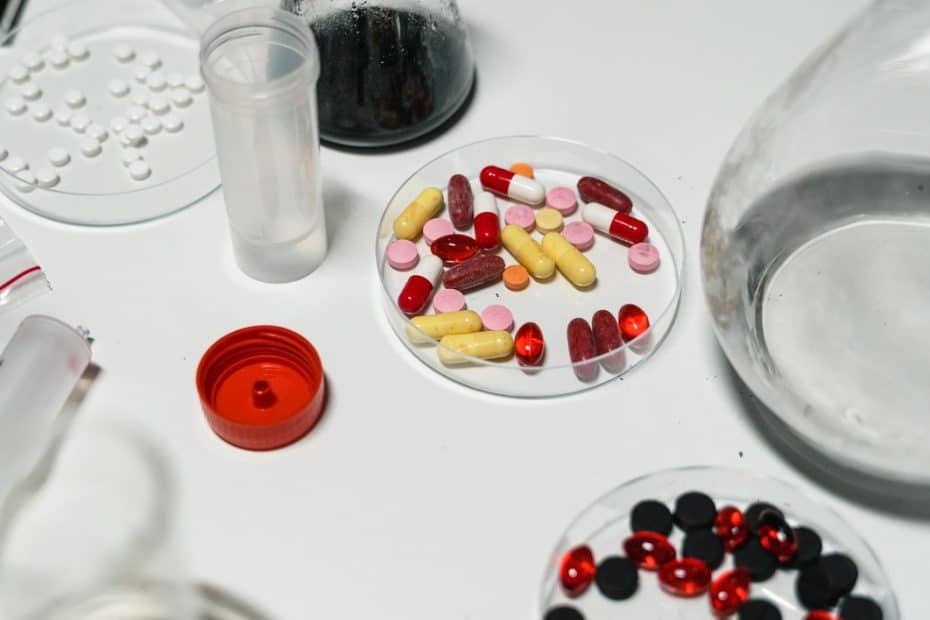Whether you’re from jail or Yale, park bench or Park Avenue, addiction does not discriminate.
Addiction is a complex issue that affects millions of people worldwide. Unfortunately, there is still a significant stigma surrounding addiction that often causes individuals to feel ashamed and alone in their struggle. It’s important to recognize that addiction is not a personal failure, but rather a medical condition that requires treatment and support.
Thankfully the tide is turning as more and more people begin to understand this complex condition. The stigma is reducing due to people in the public eye addressing their addiction issues and allowing people to reflect on their own behaviours and take steps towards recovery.

Addiction is a chronic disease that alters the brain’s reward system, leading to compulsive drug-seeking and use despite harmful consequences. It’s not a moral failing or a lack of willpower. Just as we wouldn’t blame someone for developing diabetes or cancer, we shouldn’t blame someone for developing addiction. It’s a condition that can happen to anyone, regardless of their background, age, or gender.
Unfortunately, stigma surrounding addiction still prevails for some and this often prevents them from seeking the help they need and is widely available. Many people with addiction fear being judged or ostracized, so they suffer in silence. This is unfortunate because addiction is a treatable disease, and with the right support, individuals can overcome it.
Although addiction is nothing to be ashamed of it is little comfort when the person struggling looks around at the mess their addiction has caused in their lives and not feel immense guilt and shame. With the right combination of education, treatment, and therapy lives can be transformed and emotional wounds healed.
It’s important to remember that addiction treatment is not a one-size-fits-all approach. Each person’s journey to recovery is unique, and there are many evidence-based treatments available to help individuals overcome addiction. Some people may benefit from medication-assisted treatment, while others may find that behavioral therapies are more effective.
It’s also important to recognize that addiction is a chronic disease, meaning that it requires ongoing management and support. Just like someone with diabetes needs to monitor their blood sugar levels and take medication as needed, individuals in recovery from addiction need to continue working on their sobriety and seeking support as needed.
Millions of people overcome addiction each year, and their stories are a testament to the fact that recovery is possible. These individuals are not weak or flawed, but rather strong and resilient. It takes courage to admit that you have a problem and to seek help for it. It takes strength to continue working on your recovery even when faced with challenges and setbacks.
If you or someone you know is struggling with addiction, it’s important to seek help. There are many resources available, including addiction treatment centers, support groups, and hotlines. Don’t let the stigma surrounding addiction prevent you from getting the help you need. Recovery is possible, and there is hope.
In conclusion, addiction is not a personal failure. It’s a chronic disease that requires treatment and support. The stigma surrounding addiction often prevents individuals from seeking the help they need, but it’s important to remember that recovery is possible. Millions of people overcome addiction each year, and their stories are a reminder that there is hope for a better tomorrow. If you or someone you know is struggling with addiction, don’t hesitate to reach out for help. With the right support, anything is possible.
Although stigma surrounding addiction is decreasing it is still necessary for people to deal with the condition in their own private way much like any other condition. The Bardo prides itself on privacy and confidentiality. It is not for us nor anyone else to share your story. That is for you, at a time and place that you feel is right. Who knows, maybe your story of recovery will inspire others when you choose to share it?



